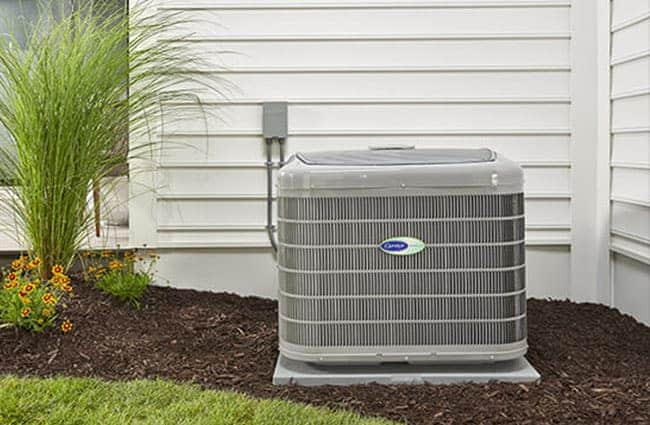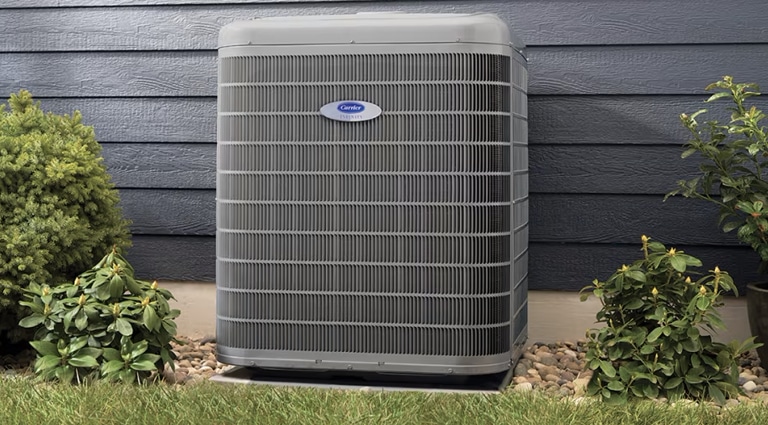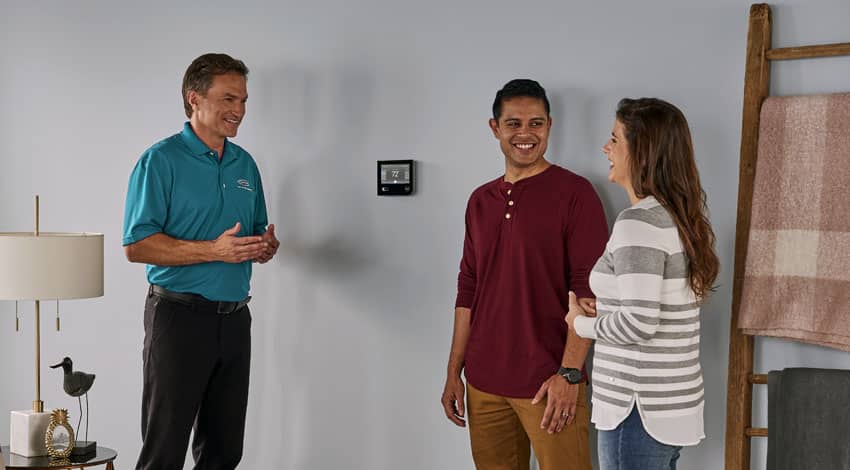
Find out if a heat pump is the right fit for your home and why they’re gaining popularity in the United States.
Heat pumps have long been a popular option for controlling the temperature of homes in countries like Sweden and Switzerland. However, they’ve only recently gained traction in the United States due to rising energy costs and increasing awareness of their efficiency compared to traditional furnaces and air conditioners.
Advances in technology have made heat pumps more effective in colder climates, and more American homeowners are now considering them as a possible way to reduce their utility bills. If you’re curious about whether a heat pump is right for your home, this article will provide you with the information you need to make an informed decision.
What is a heat pump, and how does it work?
A heat pump is a device that can both heat and cool a space by transferring heat rather than creating it. In the winter, heat pumps extract warmth from the outside air and pump it inside to heat your home. In the summer, the system reverses, pulling warm air from inside your home and pumping it outside. This process is made possible by the fact that even when it’s cold outside, there’s still thermal energy in the air and ground.
Why are heat pumps more energy efficient?
Heat pumps are more energy efficient than traditional heating and cooling systems because they run solely on electricity and don’t generate heat – they simply move it from one location to another. This means they use less energy than other electric-powered systems. Additionally, since heat pumps use the same equipment for both heating and cooling, they require less maintenance and are generally easier to handle.
What are the different types of heat pumps?
- Air-to-air heat pumps: These are the most popular type of heat pumps, utilizing air from outside to warm your home. They work with your home’s existing ducts, making them a great fit for homes with central heating and cooling systems.
- Mini-splits: Mini-splits use the same air-to-air technology as air-to-air heat pumps, but they don’t require ducts. They’re an excellent option for home additions or for controlling temperatures in different parts of your house.
- Geothermal heat pumps: Geothermal heat pumps are the most expensive option. They work by moving heat from deep within the earth, through underground pipes, and into your home.
Should I get a heat pump?
Deciding whether to install a heat pump depends on various factors, such as the climate in which you live and the energy efficiency of your home. While heat pumps work best in moderate environments, they can also be effective in colder climates, as evidenced by their popularity in countries like Norway.
It’s important to note that heat pumps work best in combination with other energy-efficient home improvements, such as insulation and upgraded windows. If your home is drafty or poorly insulated, you may need to make additional upgrades to get the most out of a heat pump.
Some homeowners choose a hybrid approach, using a heat pump in combination with an auxiliary heating source for when temperatures drop below freezing. This can help maximize the efficiency of your heating system while still providing adequate warmth during the coldest months.
In conclusion, installing a heat pump can significantly reduce your energy costs, but it’s essential to consider the upfront investment and your home’s unique needs




